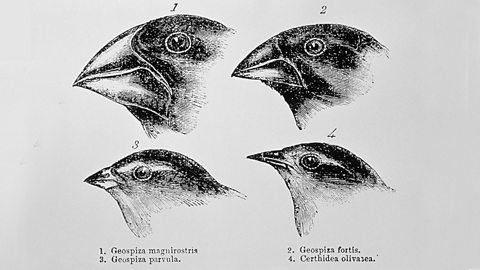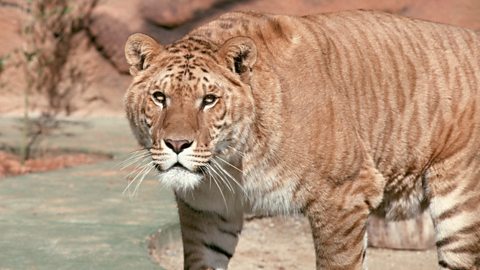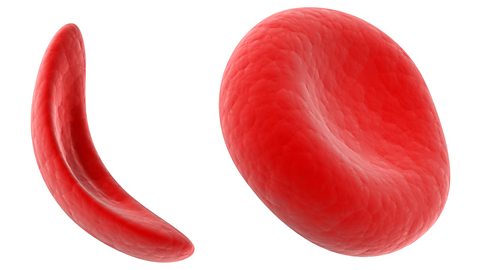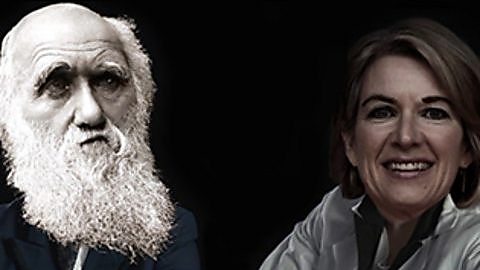Key points
Natural selection is known as ‘the survival of the fittest’. The best adapted organisms are able to survive.
The most desirable characteristics get passed down from parents to their offspring.
Scientists have used fossils to look at how organisms have evolved over time.
Video
A research fellow at Oxford University explains what natural selection is
Natural selection
Natural selection is a process by which a species changes over time in response to changes in the environment, or competition between organisms, in order for the species to survive.
The members of the species with the most desirable characteristics are able to produce the best-adapted offspring. If a species is unable to adapt then it is at risk of becoming extinct.
Evolution
Charles Darwin’s theory of evolution suggested that different species have evolved from simpler life forms and that the organisms able to survive are those that have adapted best to their environment.
Evolution is a slow process that can take many thousands, even millions, of years to happen. Scientists have used fossil evidence to look at how organisms have adapted over millions of years and how their characteristics have changed.
If a species is unable to adapt quickly enough to its environment, then it is at risk of becoming extinct. This can happen for many reasons:
- New predators
- New diseases
- Destruction of habitats
- Changes to the environment
- Increased competition for resources
Test your knowledge
GCSE exam dates 2025
Find out everything you need to know about the 2025 GCSE exams including dates, timetables and changes to exams to get your revision in shape.

More on Inheritance and genetics
Find out more by working through a topic
- count7 of 11

- count8 of 11

- count9 of 11

- count10 of 11
